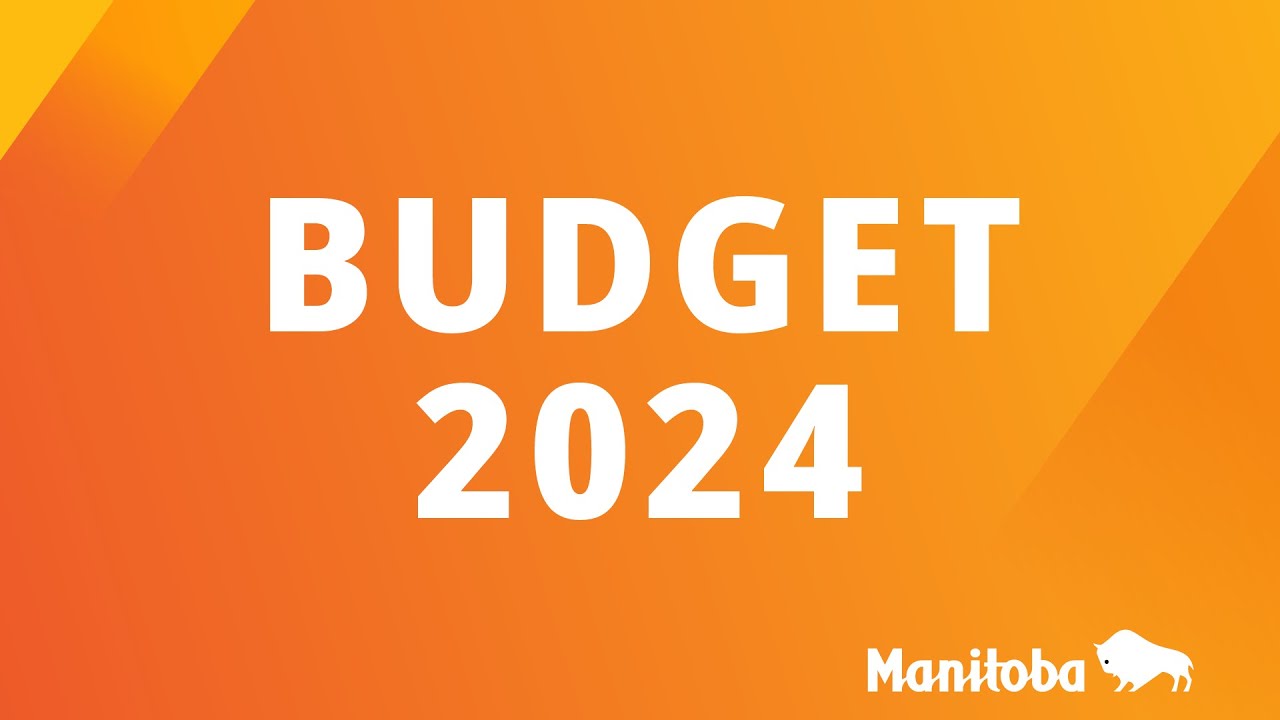Manitoba will run another deficit this year, like most other provinces. When will this end?
Two weeks before the Manitoba budget was released, the deficit for the concluding fiscal year was announced at $2 billion. Finance Minister Sala said the former projections were blown by almost $400 million because fatter union contracts drove up health care costs.
But the new NDP budget projects a $796 million deficit. Why? The premier and finance minister say they’re spending on health care long-neglected by the PC’s (even though this was the alleged reason the last deficit got worse).
Hidden in the budget were the extra $1.2 billion in transfers from the federal government–the only reason this year’s deficit won’t be as bad as last year’s “historic” one.
The wonderful days prior to 2008 when federal and provincial deficits were almost unthinkable are long behind us. Except from Alberta, which is projected to have its fourth straight surplus, today’s governments spend like there’s no tomorrow.
Despite being the perennial beneficiaries of federal equalization payments, Quebec has put off its balanced budget projections to 2029-30. “Red ink as far as the eye can see as deficit hits record,” reads a Royal Bank headline summarizing the budget.
Record spending in Ontario will triple this year’s deficit to $9.8 billion, with the budget supposedly returning to balance in two years. Don’t hold your breath.
Saskatchewan was supposed to have a $1 billion surplus last year, but went to deficits after crop insurance payouts soared and potash royalties crashed. Last month, the province made a promise it could keep: a deficit budget.
In February, B.C. budgeted a record $7.9 billion deficit. Finance Minister Katrine Conroy said B.C. had “one of the most affordable debts in the country” given its third-lowest debt-to-GDP ratio among provinces. Yes, but that’s only because previous governments took an approach she would not.
“Some look at the challenges ahead and say government should respond with deep cuts, leaving people to fend for themselves,” said Finance Minister Katrine Conroy in her budget address. “This will only weaken the services we all rely on.”
She added, “I want you to know that when times are tough, our government has your back.”
Yes, governments are at our backs, reaching into our pockets to rob our capacity to act on our own behalf. Government is ever-expanding in its usurpation of our education, child care, health care, dental care, it does so with inferior results and inflated costs as it pats itself on the back.
Long forgotten are our first 50 years after confederation when property and import duties were the only taxes to speak of. When times got tough, people looked to God, family, neighbours, and within to make it through.
“The problem with socialism is that you eventually run out of other people’s money,” Margaret Thatcher said. By now, we are exhausting our children’s money and burden them with one interest-bearing debt after another. Yet our government overlords call it responsible.
The Trudeau government has been a horrible pace-setter for this profligate and deficit spending. Its debt-to-GDP ratio is projected to reach 46.8% next year, yet deficits continue.
If Canadian governments were FM stations, their slogans would be “All deficits all the time.” Governments have our backs all right, and they are pushing us over a fiscal cliff.
Lee Harding is a Research Fellow at the Frontier Centre for Public Policy



